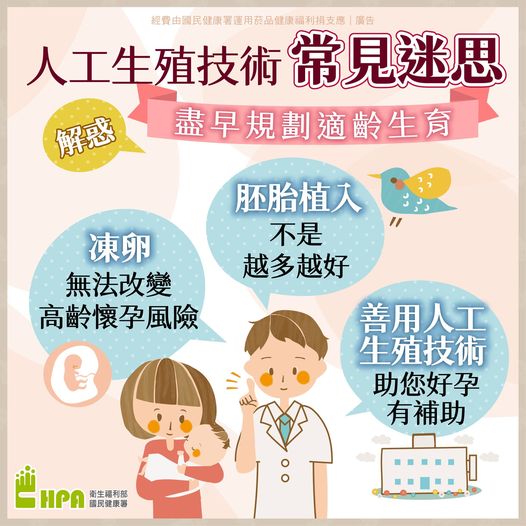In recent years, with the delay in childbearing age and the increase in infertility issues, more and more couples are choosing assisted reproductive technology to fulfill their desire for parenthood. However, assisted reproduction is not suitable for everyone and involves various regulations and restrictions. The Assisted Reproductive Technology Law clearly stipulates that such technology is limited to infertile couples and emphasizes ethical and legal norms, prohibiting unmarried individuals, single parents, or same-sex couples from undergoing assisted reproduction. Furthermore, technologies like artificial insemination and in vitro fertilization (IVF) must be conducted in licensed medical institutions. Donors and recipient couples must undergo detailed psychological and physiological examinations and evaluations before surgery to ensure safety and ethical compliance. More and more couples are choosing assisted reproductive technology to fulfill their desire for parenthood. (Photo / Provided by Heho Health)
More and more couples are choosing assisted reproductive technology to fulfill their desire for parenthood. (Photo / Provided by Heho Health)
The success rate of assisted reproductive technology decreases with age, particularly after a woman reaches 35 years old, when the chances of successful pregnancy and live birth significantly decline, and the risk of miscarriage increases. Couples undergoing treatment should seize the optimal time for fertility and seek treatment as early as possible. In addition, sperm and egg donations must meet certain conditions, such as age and health status, and be donated without compensation. The sale or use of donations for specific individuals is prohibited to avoid ethical issues.
Regarding children born through assisted reproduction, the law stipulates that there is no legal relationship between the donor and the child, and the child is considered the legitimate offspring of the recipient couple, ensuring their legal status. If a couple receives assisted reproduction through fraudulent means, they must file a lawsuit to deny parentage within six months of discovering the fraud. In summary, assisted reproductive technology involves complex legal, ethical, and medical issues. It should be carried out cautiously under professional medical institutions and legal regulations to ensure the health of the mother and child and the happiness of the family.







